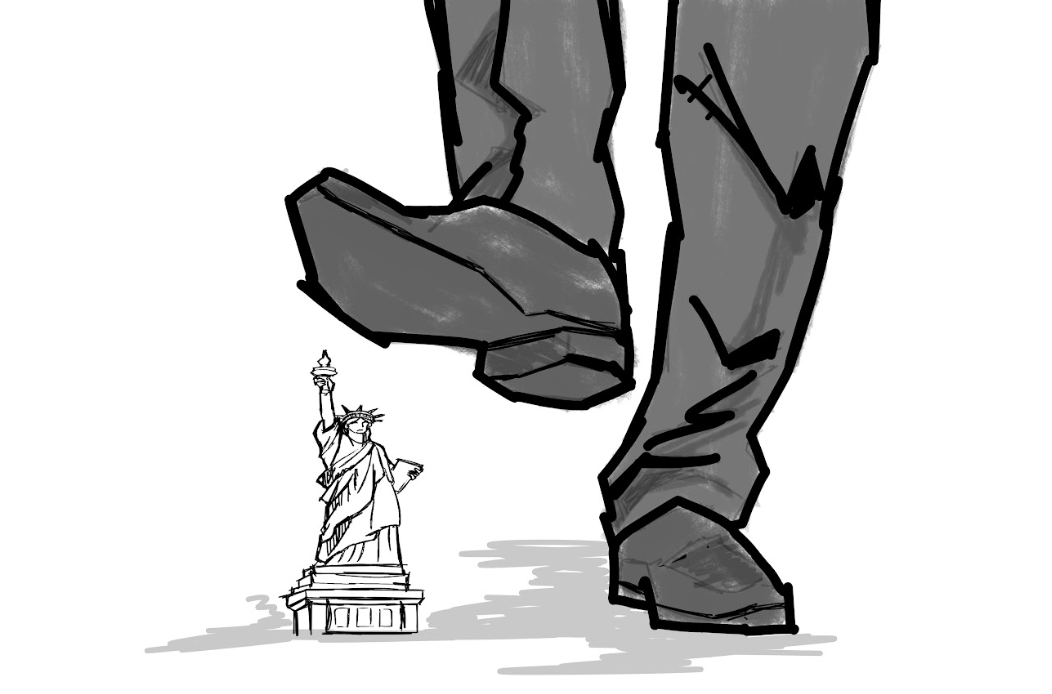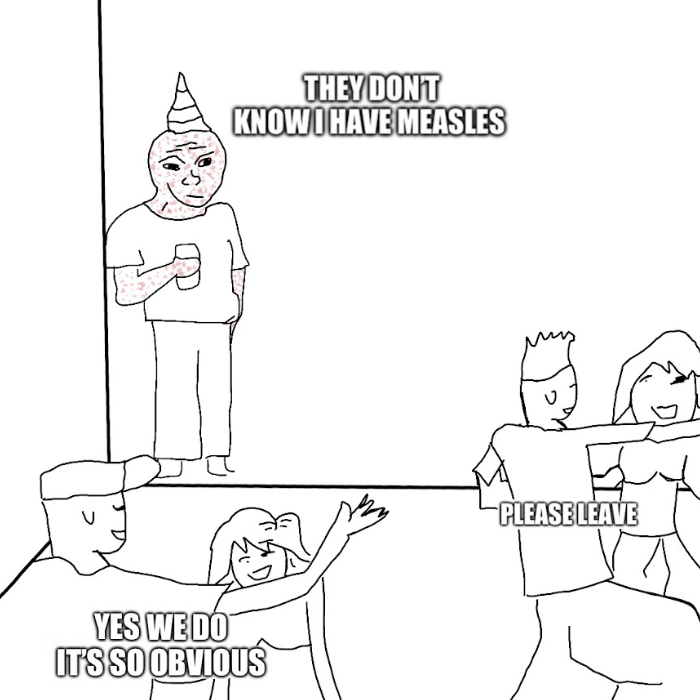If you are like me, with eyes glued to your phone and checking Reddit compulsively, you are on the Internet quite a lot. I should trust that my browser search history and what I view on the Internet is private and can only be seen by me, the user. However, I don’t.
On March 23, the Republican controlled Senate passed S.J .Res. 34: a bill that would roll back some Obama-era regulations preventing internet service providers (ISPs) from using its subscriber’s data for their own gains. Under the rules adopted under President Obama, user consent was required to sell or share geo-location, financial, health and web browsing information, among other things. Under the new legislation, ISPs will be allowed to sell your browsing data to third parties without your consent, monitor your web traffic in real time, record your browsing habits and breach your privacy in other ways.
With the future of digital privacy looking bleak in favor of ISPs and corporate interests, there are still methods you can use to maximize your chances of keeping your data secure. Some of these are as follows:
VPNs: Without getting into the specifics of how these work, routing your web traffic through a Virtual Private Network (VPN) is an easy way to keep your web traffic encrypted and anonymized. Choosing the right VPN can be difficult, but many online resources break this down. These services are available on PCs as well as most smartphones.
Tor: You may have heard of Tor as the gateway to the “deep web” or the “darknet.” However, browsing the Internet through Tor creates a virtually undetectable connection by scrambling your activity via a large network of servers. It’s very secure; however, it will affect your browsing speed online.
Browser add-ons: Add-ons like TrackMeNot and Random Agent Spoofer are simple background programs that randomize your search profiles and render browsing logs less useful.
With online privacy becoming a relic of the past, it is important to stay updated on the laws that affect your daily life, and to stay updated on the steps you can take to protect yourself.













